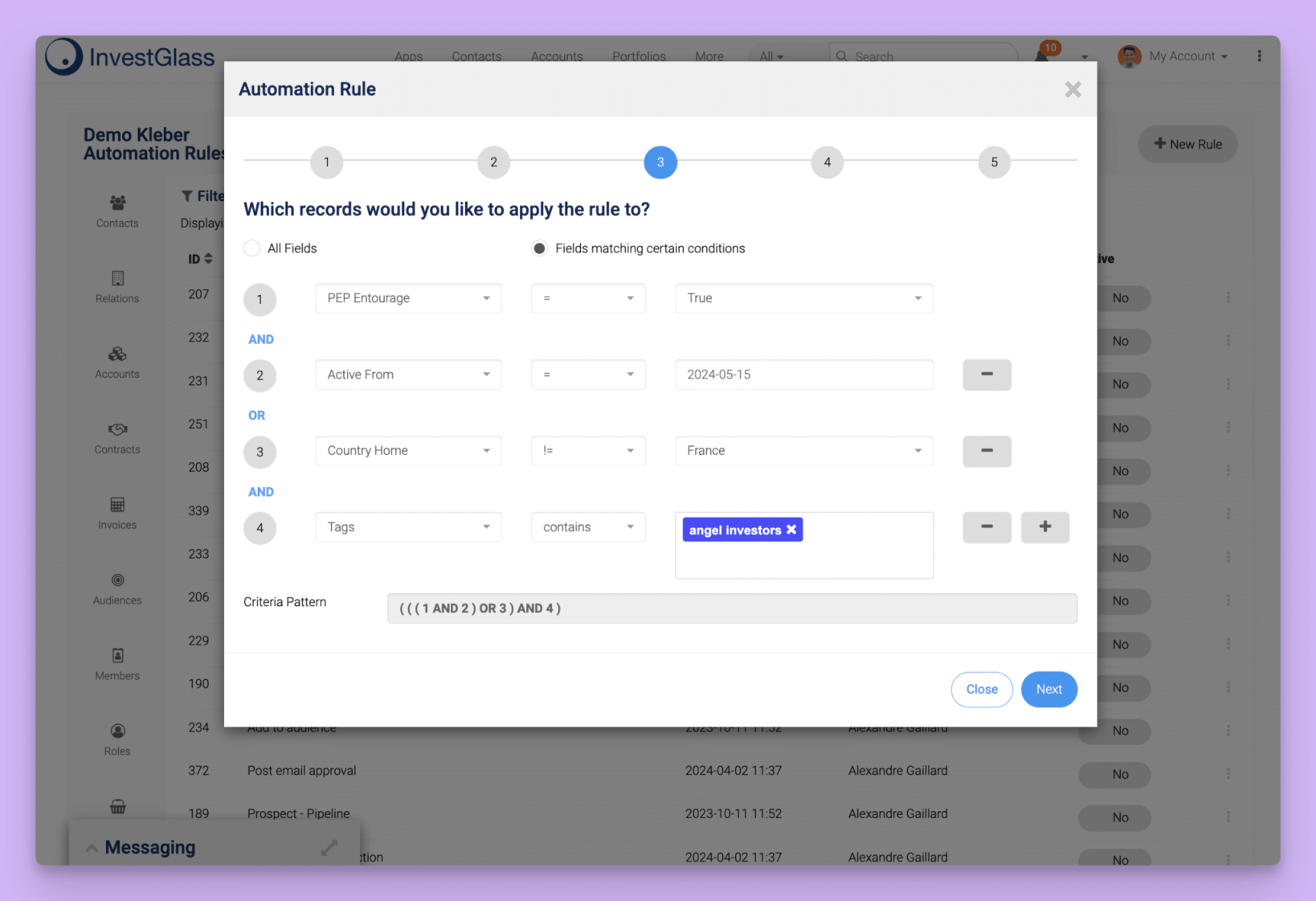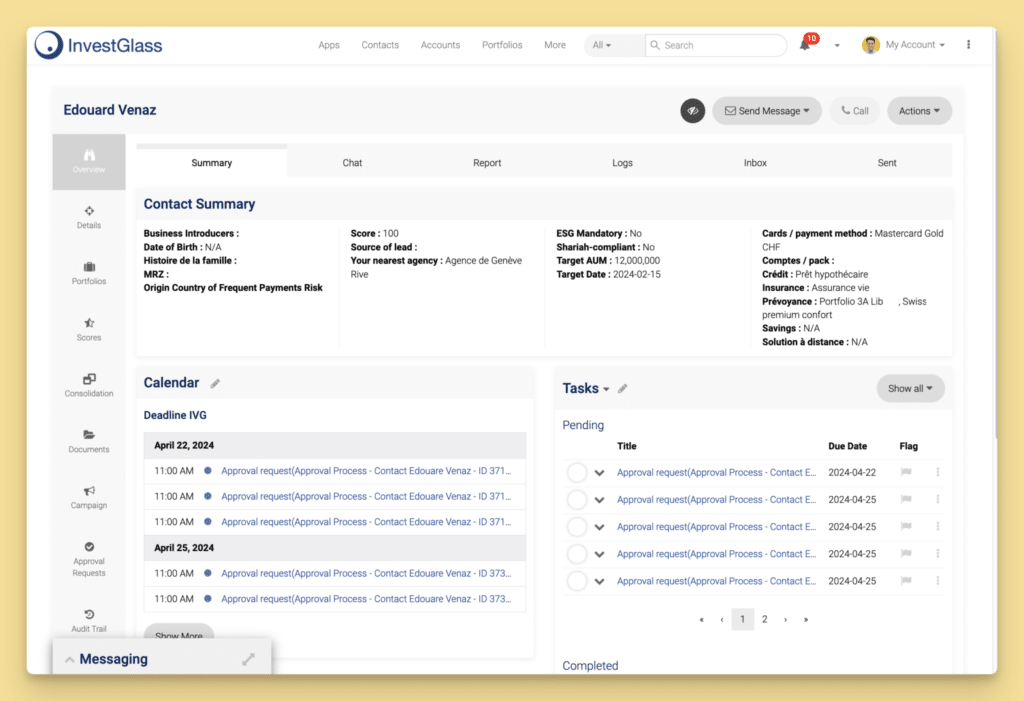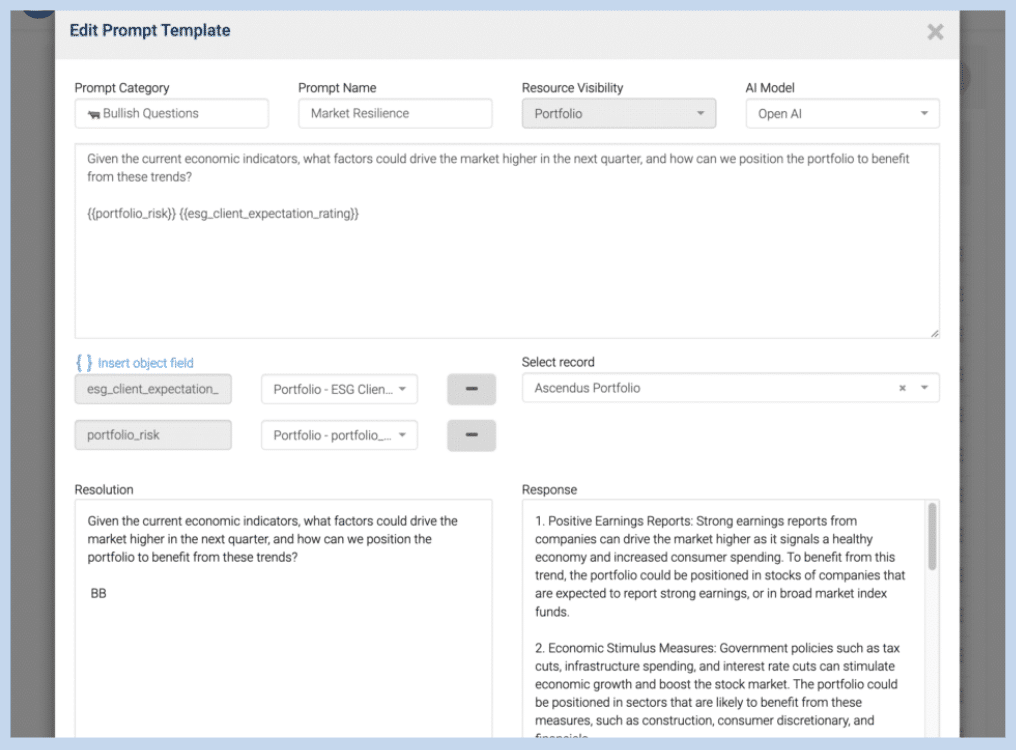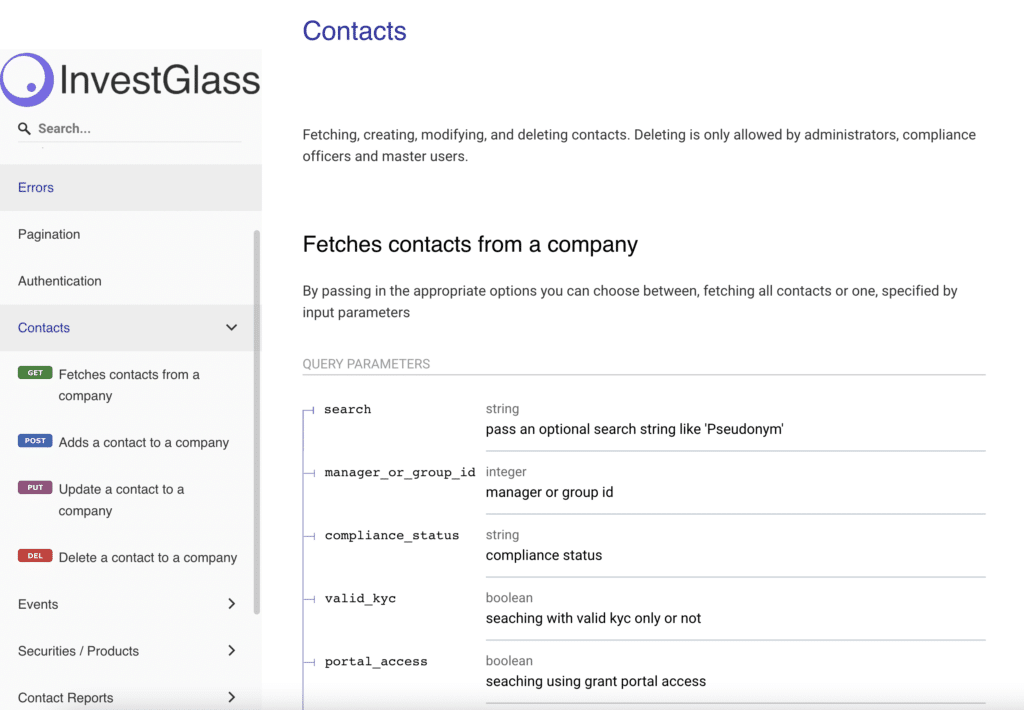Mastering Software Automation: Key Benefits and Practical Applications

Introduction to Software Automation
In a world where organisations are under constant pressure to accelerate digital transformation, reduce costs, and enhance accuracy, software automation has become a strategic imperative. Far from being a luxury add-on, automation has now matured into a central pillar of enterprise efficiency. By replacing labour-intensive and error-prone manual processes with intelligent, machine-executed workflows, automating processes improves efficiency, accuracy, compliance, and scalability while reducing costs and enhancing satisfaction. InvestGlass automation software empowers enterprises to operate with speed, precision, and scalability, while also supporting the principles of digital sovereignty, ensuring businesses retain control over sensitive data and operational frameworks.
At its most basic, automation seeks to automate tasks and perform repetitive tasks more efficiently. Yet its true power lies in the ability to orchestrate complex, cross-functional processes. Modern automation technologies enable the integration and orchestration of various tools and systems, supporting end-to-end automation across industries. These solutions can also automate entire workflows, eliminating operational silos and streamlining processes across departments. The automation capabilities of modern solutions are extensive, leveraging advanced technologies such as AI, RPA, and OCR to automate a wide range of business processes across different enterprise levels. InvestGlass automation tools integrate seamlessly with existing business systems, demonstrating how automation software integrate with other business systems to ensure smooth connectivity, compatibility, and interoperability among applications and workflows. These solutions also provide insights from business data that would otherwise remain dormant. Whether through automated testing in the software development lifecycle, marketing automation software that enables dynamic customer engagement, or enterprise automation software that brings together entire operations, the scope and potential of automation is vast. For organisations mindful of digital sovereignty, platforms such as InvestGlass automation software ensure compliance with local regulations while driving transformation.

Understanding Automation Software and Automation Tools
To appreciate the breadth of automation’s impact, one must first understand the nature of automation software and the array of automation tools available. Unlike traditional software, which merely enables human operators to complete a task, automation software executes work directly, often with minimal human intervention. This can range from scheduling reports and sending reminders, to orchestrating entire processes across multiple systems. With InvestGlass automation software tools, companies can unify processes under a single, secure umbrella that respects both operational demands and digital sovereignty requirements.
Automation software tools exist in many forms. In addition to core solutions, there are other automation tools that can be integrated or combined to create comprehensive automation ecosystems across departments and functions. Some, such as workflow automation platforms, manage approvals and documentation flows across departments. Many of these platforms feature user-friendly drag and drop interfaces, enabling non-technical users and citizen developers to easily build, customize, and connect workflows without coding. Others, like test automation tools, are deeply embedded in the engineering process to improve reliability and speed. Increasingly, organisations turn to intelligent automation, which fuses inteligencia artificial, natural language processing, and machine learning to make sense of complex data and automate complex processes that once required human judgement. InvestGlass enterprise automation software illustrates this evolution, providing integrated solutions that empower both IT professionals and citizen developers to scale automation safely.
It is important to note that automation software depends on specific business requirements. A retail enterprise, for instance, may prioritise inventory management and automated fulfilment, while a financial institution may focus on compliance workflows and advanced testing tools to safeguard software quality. In marketing and sales, management tools such as lead management tools are essential for streamlining departmental processes and improving efficiency. This is why every organisation must develop a tailored automation strategy, evaluating both current needs and long-term ambitions. InvestGlass automation solutions, with their emphasis on modularity, adaptability, and digital sovereignty, provide a strong foundation for such strategies.
Automation in Software Development
Automation in software development has revolutionised the way teams build, test, and deploy applications. By leveraging advanced automation tools, developers can eliminate repetitive tasks such as code formatting, integration, and deployment, freeing up valuable time for innovation and problem-solving. This shift not only accelerates delivery but also ensures greater consistency and reliability throughout the development process.
The integration of machine learning and artificial intelligence into automation platforms has further elevated software quality. These technologies enable intelligent code analysis, automated bug detection, and predictive maintenance, helping teams identify potential issues before they impact production. With AI-driven insights, developers can optimise code, enhance performance, and reduce the risk of human error.
Modern automation tools also facilitate seamless collaboration across distributed teams, supporting continuous integration and deployment pipelines that keep projects on track. By automating complex workflows and harnessing the power of AI, organisations can achieve faster release cycles, improved code quality, and a more agile response to changing business needs.
InvestGlass automation software exemplifies these advancements, offering robust solutions that integrate inteligencia artificial and machine learning to streamline the entire software development lifecycle. With these capabilities, businesses can confidently deliver high-quality software at scale, driving innovation while maintaining control and compliance.
Automated Testing, Continuous Testing, and the Software Development Lifecycle
In today’s fast-paced digital landscape, automation has become an essential driver of innovation and efficiency within the software development lifecycle. By leveraging advanced automation tools and automation software, development teams can streamline processes, reduce manual effort, and accelerate delivery timelines.
The adoption of automated testing allows development teams to create, maintain, and run detailed test scripts across multiple programming languages and environments. Automated tests play a crucial role in continuous testing and test-driven development, enabling rapid feedback and early detection of issues. These scripts can be executed repeatedly with a consistency no human tester could achieve, ensuring reliable test execution. Unit tests are especially important for verifying individual components during the software development lifecycle, helping to catch defects early and improve code quality. While automated testing offers speed and repeatability, manual testing remains valuable for exploratory testing, one-time runs, and user experience assessments where human judgment is essential. When implemented through platforms such as InvestGlass automation software, businesses benefit from continuous monitoring and testing practices designed to reinforce both resilience and digital sovereignty. Cross browser testing is also a key aspect of automated UI testing, ensuring that software works consistently and efficiently across multiple browsers.
The evolution of this practice has given rise to continuous testing, where validation occurs continuously at each stage of integration and deployment. Performance testing is a critical part of automated testing frameworks, helping to evaluate software’s stability, responsiveness, and scalability under various conditions. For organisations committed to agile or DevOps methodologies, continuous testing is not optional; it is foundational. InvestGlass automation software tools facilitate this integration, offering enterprises the means to innovate faster while ensuring data remains compliant and sovereign.
Enterprise Automation Software and Automation Software Tools
While automation has clear benefits at the departmental level, its true transformative power is realised when scaled across the enterprise. Enterprise automation software is distinguished by its ability to coordinate workflows across multiple systems, integrate with application programming interfaces (APIs), and unify automation efforts under a single governance model. An automation platform serves as a comprehensive, scalable, and integrated solution that supports enterprise-wide digital transformation by enabling process orchestration, AI integration, security, and seamless connectivity with other systems. InvestGlass enterprise automation software has become a benchmark in this field, delivering a strong enterprise automation solution that supports scalability, security, end-to-end automation, and aligns automation with both efficiency and digital sovereignty.
Unlike isolated automation software tools, enterprise-grade platforms such as InvestGlass automation tools are designed for orchestration. Orchestration tools play a crucial role in connecting and coordinating various automated workflows across multiple systems and departments, ensuring seamless and synchronized business process automation through robust workflow design, integrations, APIs, and real-time monitoring. They connect existing systems—from CRMs and ERPs to HR platforms—eliminating silos and reinforcing data sovereignty. With robotic process automation (RPA), robotic desktop automation (RDA), and AI-powered orchestration at their core, these solutions allow organisations to automate complex processes while preserving compliance across jurisdictions.
Business Data and Business Applications of Automation
A defining characteristic of effective automation is its reliance on business data as both driver and asset. By capturing, processing, and interpreting large volumes of data, automation systems ensure that actions are not just fast but also informed. InvestGlass automation software is particularly adept at enabling enterprises to harness business data responsibly, supporting compliance frameworks and reinforcing digital sovereignty in regulated industries.
Marketing automation software provides a clear example. With InvestGlass automation tools, businesses can analyse customer behaviours, personalise marketing campaigns, and measure impact with remarkable precision. Beyond marketing, InvestGlass automation software supports functions such as inventory management, finance, compliance, HR, and project management, while automated system monitoring and patch management safeguard IT infrastructure. These automation capabilities are built on robust software systems, which serve as the underlying infrastructure supporting both automation and business analytics. By embedding sovereignty principles within automation, InvestGlass helps organisations transform business processes into proactive, intelligent engines of growth.

Agentic Process Automation and Advanced Automation Efforts
One of the most exciting frontiers of automation is agentic process automation, where systems operate with autonomy and adapt in real time. Leveraging AI technologies, machine learning, and natural language processing, agentic automation redefines what is possible. These advanced capabilities include intelligent document processing (IDP), adaptive automation, and agentic automation that enable more sophisticated, end-to-end process automation beyond basic rule-based tasks. InvestGlass agentic process automation demonstrates how enterprises can balance autonomy with compliance, ensuring that automation efforts remain aligned with both performance objectives and the need for digital sovereignty.
From customer support to fraud detection, these systems access business data across existing systems, interpret requests, and autonomously act. They are capable of handling complex tasks that require decision-making, adaptation, and reasoning, making it possible to automate processes that are unstructured or ambiguous. Additionally, agentic automation can process unstructured data from documents and other sources, enhancing decision-making and streamlining workflow automation. For businesses, this translates into automation that not only handles repetitive tasks but also adapts dynamically, redefining human-machine collaboration while ensuring sovereignty over data and processes.
Choosing the Best Automation Software for Sustainable Automation Efforts
Selecting the best automation software requires careful evaluation and a strong commitment to sustainability. InvestGlass automation solutions are specifically designed to help enterprises evaluate enterprise automation software with confidence, offering integration across multiple systems, intuitive design for citizen developers, and robust governance that prioritises digital sovereignty.
The dimensions of scalability, usability, and integration are critical. With InvestGlass automation software tools, organisations can implement advanced automation without compromising data integrity or sovereignty. This alignment ensures that automation efforts are impactful, compliant, and capable of enduring long-term digital evolution.

Automation Process Optimisation: Continuous Testing, API Testing, and Workflow Enhancement
The deployment of automation is the beginning of an iterative process of refinement. Using InvestGlass automation software, enterprises can optimise workflows through continuous testing, API testing, and performance validation, ensuring that automation efforts consistently deliver value.
By analysing logs and feedback, InvestGlass enables businesses to refine their automation process, enhance test automation tools, and adapt workflows in alignment with changing business processes. This ongoing optimisation ensures that automation remains efficient, resilient, and fully aligned with sovereignty requirements.
Overcoming Automation Challenges in Automation Efforts
Automation introduces challenges, from balancing autonomy and oversight to ensuring seamless integration with existing systems. Yet platforms such as InvestGlass automation software help organisations overcome these hurdles with ease. By embedding compliance and digital sovereignty principles at the core, InvestGlass mitigates risks associated with complex data handling and regulatory demands.
Through intelligent automation and AI-powered orchestration, InvestGlass supports enterprises in reducing reliance on manual oversight while ensuring transparency. By empowering citizen developers and fostering an automation team culture, organisations can accelerate adoption while preserving trust in automated processes.
Automation and Business Growth with Business Data at the Core
When implemented strategically, automation is not merely a cost-saver but an engine of growth. With InvestGlass automation software, enterprises can scale operations, leverage business data for more intelligent decisions, and launch marketing campaigns with precision. By ensuring digital sovereignty, InvestGlass safeguards sensitive data while enabling global expansion.
Complex workflows become more manageable with software robots, orchestration platforms, and intelligent monitoring. As businesses embed InvestGlass into daily operations, they unlock new efficiencies, enhance customer experience, and secure long-term competitive advantage.

The Future of Automation Tools and Enterprise Automation Software
The future of automation lies in intelligence, autonomy, and integration. InvestGlass automation software tools represent this trajectory by blending Inteligencia artificial orchestration, agentic process automation, y enterprise automation software capabilities. These solutions will continue to support organisations striving for both efficiency and digital sovereignty in an increasingly data-driven economy.
With the rise of citizen developers and no-code platforms, InvestGlass ensures that automation remains accessible while maintaining robust governance. The convergence of herramientas de automatización, AI, and sovereignty frameworks heralds a new era where organisations can innovate confidently without compromising control.
Conclusion: Mastering Automated Testing, API Testing, and Automation Software Tools
To master automation is to embrace it as a technological innovation and a strategic imperative. With InvestGlass automation software, businesses gain the ability to embed automated testing, continuous testing, and API testing into their workflows, aligning automation efforts with broader goals of growth, efficiency, and digital sovereignty.
By choosing InvestGlass automation tools as the backbone of transformation, organisations ensure that automation is not only efficient but also responsible, sovereign, and future-proof. The result is a business that can innovate rapidly, operate securely, and thrive in an era defined by both automation and sovereignty.